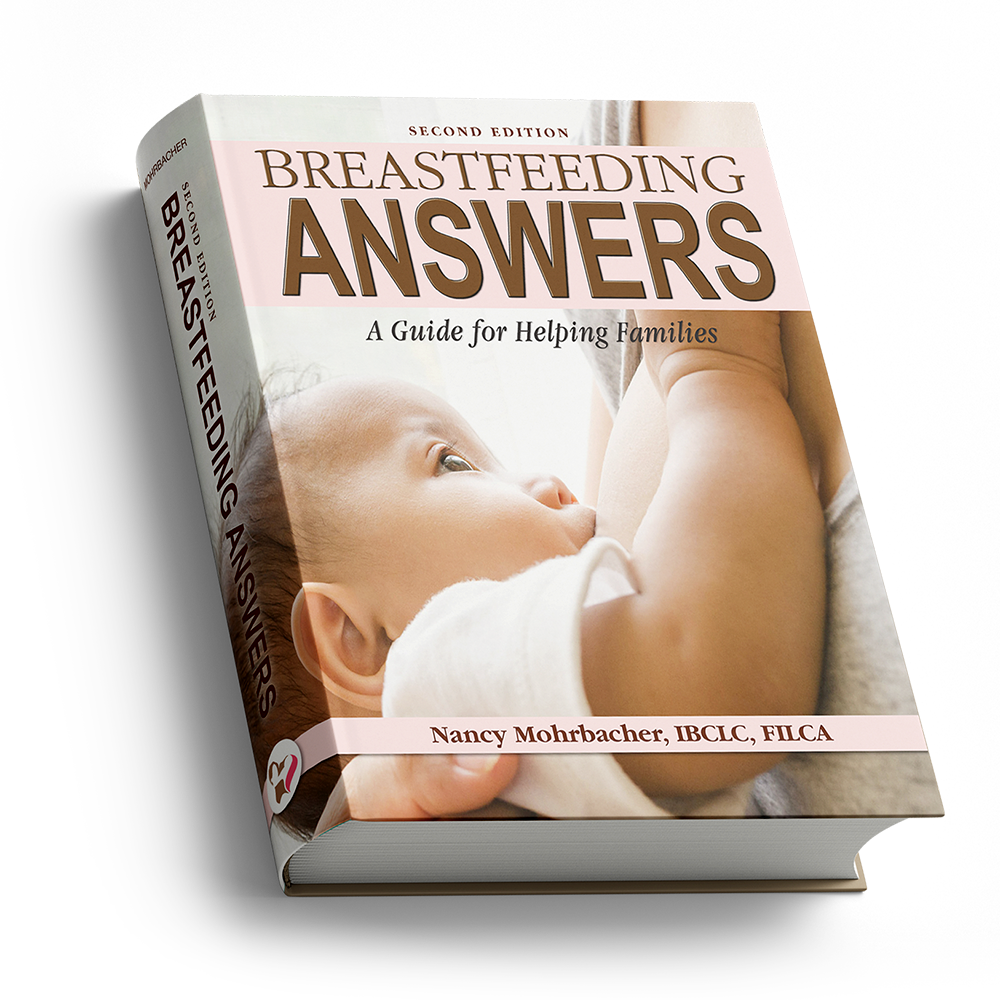Public Breastfeeding Now a Civil Right in Seattle
/My guest blogger today is Angelita Williams, who specializes in online education and offers life long learning tips in her articles on college education, lifestyle, and wellness management. You can contact Angelita at angelita.williams7@gmail.com.
If you read Nancy Mohrbacher's blog often, then you probably already know about the health risks of not breastfeeding. The sad part about it is, at least in terms of breastfeeding in public, it's hard to convince others of these facts. So much so, in fact, that especially in the United States, federal and state legislation has been slow to openly accept public breastfeeding as a part of life.
Huge strides were made when the Fair Labor Standards Act was amended to make it a requirement that all employers provide breastfeeding employees time and space (other than a public bathroom) to breastfeed their young children. Forty-seven states have likewise enacted laws that either allow women to breastfeed in public or at the very least exempt them from being charged with public indecency.
While of course, these measures demonstrate that, as time goes on, our cultural values have changed to recognize the importance of breastfeeding to the health of mothers and children and to the mother-child bond. The City of Seattle, however, has taken public breastfeeding one step further—they've made it a civil right.
According to a Huffington Post article, the City of Seattle has made it specifically illegal for any individual, business, or place open to the public to tell nursing mother's to stop breastfeeding. Although the Seattle had previously had laws permitting public breastfeeding, many nursing mothers reported being harassed and told to stop.
Now the difference between making breastfeeding in public a civil right, versus merely permitting public breastfeeding is a small but groundbreaking one. When public breastfeeding is a civil right, this move specifically acknowledges that preventing or otherwise making nursing mothers feel uncomfortable is discrimination on par with discrimination based on race, age, sex, etc.
After making nursing in public a civil right, the City of Seattle can even hold persons and businesses accountable that violate this right. Of course, punishment won't necessarily mean fines or imprisonment, but after a violation offenders may need to undergo civil rights training.
Still, laws don't necessarily change people's minds, and it's a fact that some people still believe that nursing in public is indecent or inappropriate. Many nursing mothers choose not to nurse in public because they worry they may be discriminated against or criticized.
What do you think should be done, beyond laws and education, to change social mores?




